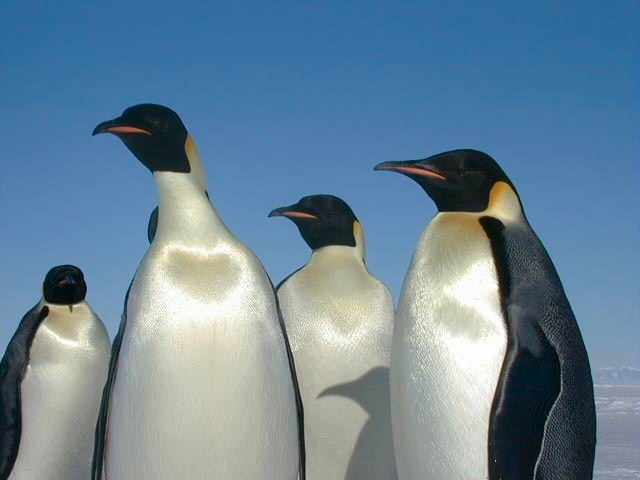Science News Roundup: Rocket Lab to fire up first tests of new engine next year - CEO; More penguins dying from avian flu at Cape Town's Boulders beach colony and more
David Roberts, a clinical veterinarian at the South African Foundation For The Conservation Of Coastal Birds, said at least 28 out of around 3,000 penguins in the colony had died from the disease since the middle of August. U.S. agency adopts new space junk rules to reduce exploration risks The U.S. Federal Communications Commission (FCC) voted 4-0 Thursday on to adopt new rules to address growing risks of orbital debris to space exploration by shrinking the time to remove defunct satellites.

Following is a summary of current science news briefs.
NASA, SpaceX to study ways to boost orbit of Hubble telescope
Elon Musk's SpaceX plans to fund a study with NASA to examine ways to use the space company's Dragon capsule to raise the Hubble Space Telescope's orbital altitude, which would extend its useful life, agency officials announced on Thursday. SpaceX, whose Crew Dragon capsule ferries astronauts and cargo to and from the International Space Station for NASA, will fully fund the six-month study, NASA's science chief Thomas Zurbuchen told reporters during a short-notice press conference.
Rocket Lab to fire up first tests of new engine next year - CEO
Launch company Rocket Lab by next year plans to conduct initial hot-fire tests of a new, more powerful engine that will power its next-generation Neutron rocket, the company's chief executive told Reuters. The Long Beach, California-based company routinely launches small satellites into space with its small workhorse Electron rocket. In December, it unveiled a bigger, reusable Neutron rocket, upping its competitive footing with larger vehicles from Elon Musk's SpaceX and United Launch Alliance, a joint venture of Boeing Co and Lockheed Martin Corp.
What caused holes in Sue the T. rex's jawbone? Scientists are stumped
Sue, the biggest and best preserved Tyrannosaurus rex ever unearthed, no doubt was a fearsome beast when this predator prowled what is now South Dakota about 67 million years ago at the twilight of the age of dinosaurs. But even this huge dinosaur, whose fossils are displayed at the Field Museum in Chicago, was not invulnerable. A prime example of this is the series of circular holes in Sue's jawbone that continue to baffle scientists. New research seeking an explanation for these holes has managed to rule out one major hypothesis, though the answer remains elusive.
More penguins dying from avian flu at Cape Town's Boulders beach colony
More penguins have died from avian flu at the colony at Cape Town's Boulders beach, a popular tourist attraction and an important breeding site in South Africa, raising concerns for the species and for other seabirds. David Roberts, a clinical veterinarian at the South African Foundation For The Conservation Of Coastal Birds, said at least 28 out of around 3,000 penguins in the colony had died from the disease since the middle of August.
U.S. agency adopts new space junk rules to reduce exploration risks
The U.S. Federal Communications Commission (FCC) voted 4-0 Thursday on to adopt new rules to address growing risks of orbital debris to space exploration by shrinking the time to remove defunct satellites. The FCC voted to require post-mission disposal of low-Earth orbit satellites within five years. The agency previously recommended operators of satellites in low-Earth orbit ensure spacecraft re-enter Earth’s atmosphere within 25 years.
(With inputs from agencies.)










